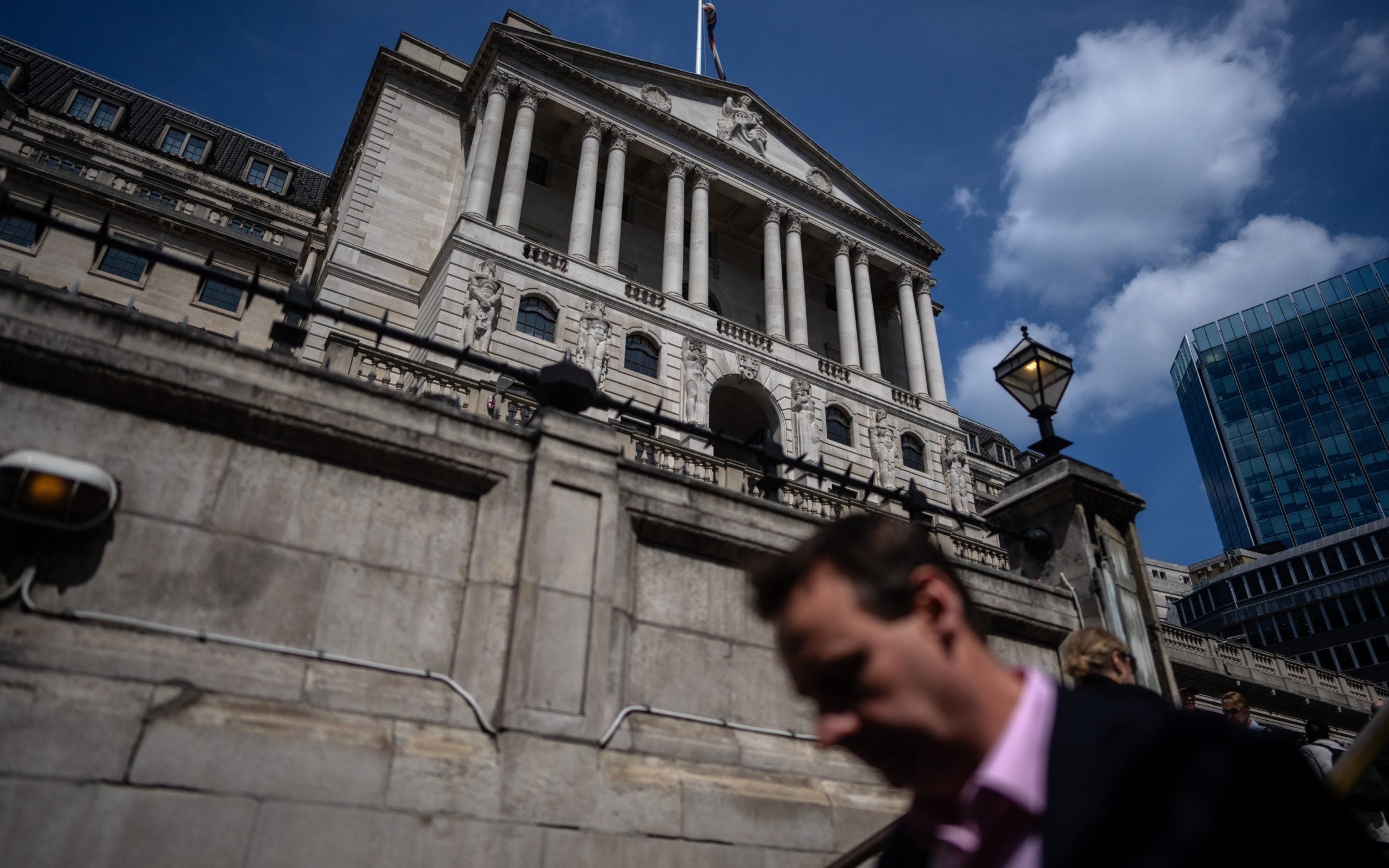Search results
6 days ago · Unlike the Federal Reserve—which, as the central banking authority of the United States, uses the buying and selling of U.S. government bonds to influence the money supply—the ECB influences the supply of euros in the market by directly controlling the amount of euros available to eligible member banks. Every week, the ECB announces a ...
The ECB is the central bank of the European Union countries which use the euro. Our main task is to maintain price stability. We do this by making sure that inflation remains low, stable and predictable. In this way, we seek to help you plan your saving and spending. Find out more about our monetary policy.
Frankfurt am Main, the European Central Bank from Alte Mainbrücke. The European Central Bank ( ECB) is the central component of the Eurosystem and the European System of Central Banks (ESCB) as well as one of seven institutions of the European Union. [2] It is one of the world's most important central banks .
May 31, 2022 · The European Central Bank (ECB) is headquartered in Frankfurt am Main, Germany. It has been responsible for monetary policy in the Euro area since 1999, when the euro currency was first adopted...
News about interest rates, Kari Lake, inflation
News about Europe, China, macroeconomics
News about Malta, Allies, Joseph Muscat
Also in the news
JEL Code E51: Macroeconomics and Monetary Economics→Monetary Policy, Central Banking, and the Supply of Money and Credit→Money Supply, Credit, Money Multipliers E43: Macroeconomics and Monetary Economics→Money and Interest Rates→Interest Rates: Determination, Term Structure, and Effects G21: Financial Economics→Financial Institutions and Services→Banks, Depository Institutions ...
The European Central Bank (ECB) is the central bank of the European Union countries which have adopted the euro. Our main task is to maintain price stability in the euro area and so preserve the purchasing power of the single currency.
People also ask
Where is the European Central Bank headquartered?
What is European Central Bank (ECB)?
Who owns the ECB?
Does the European Central Bank have a monetary policy?
The European Central Bank (ECB) is the central institution of the Economic and Monetary Union, and has been responsible for monetary policy in the euro area since 1 January 1999. The ECB and all EU national central banks constitute the European System of Central Banks (ESCB).




